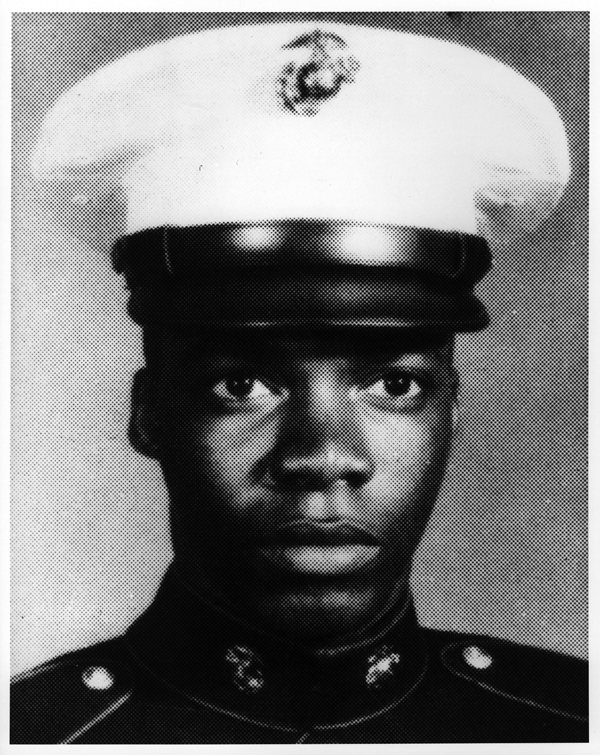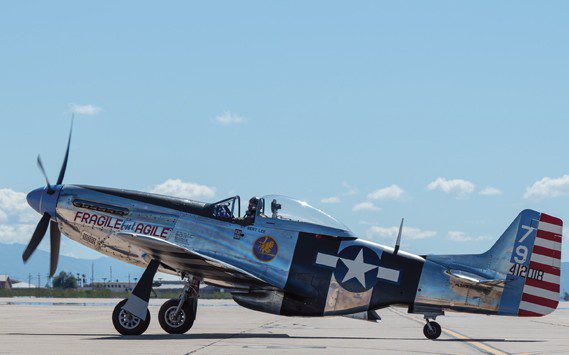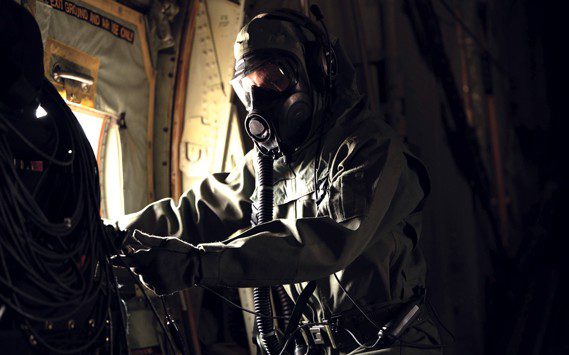Sacrificing yourself for another is one of the most valiant things a person could do. It’s how 21-year-old Marine Corps Pfc. Oscar Austin earned his Medal of Honor during the Vietnam War.
Austin was born in Nacogdoches, Texas, but his family moved to Phoenix, Ariz., when he was very young. He grew up there and graduated high school in 1967 before enlisting in the Marine Corps on April 22, 1968.
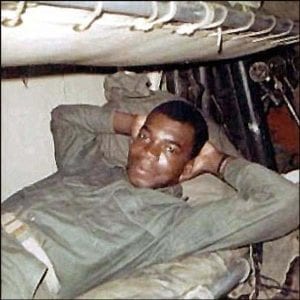
A few months later, in October 1968, the newly promoted private first class was sent to Vietnam, where he served as an assistant machine gunner.
By early 1969, the North Vietnamese kicked off another offensive similar to the massive Tet Offensive of 1968. By February, they had launched simultaneous attacks on more than 100 towns, cities and villages across South Vietnam. On Feb. 23, 1969, Austin was at a Marine base just west of Danang when that enemy offensive came to them.
Early that morning, Austin and his friend, 19-year-old Lance Cpl. Douglas Payne, were on duty at an observation post when the enemy attacked, spraying the Marines with gunfire, grenades and explosives.
Austin found himself protected from the assault in a dugout, but he quickly noticed that Payne was lying injured several dozen yards away. Without considering his own safety, Austin ran from his hole across the open terrain to help drag Payne back to safety.
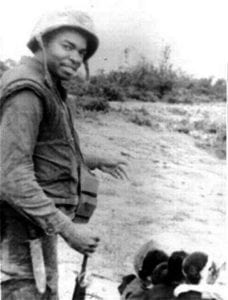
Austin was almost to Payne when he saw a grenade land nearby. He reacted instantly, jumping between Payne and the grenade as it went off.
Austin was blasted with shrapnel and seriously injured, but he refused to give up. He somehow managed to stand and was about to grab for Payne when he saw an enemy soldier aiming a weapon at his unconscious friend.
Once again, without hesitating, Austin threw himself between Payne and danger. Austin was hit with a spray of bullets and died there on the battlefield. The 21-year-old had saved his friend’s life twice in exchange for his own.
On April 20, 1970, Austin’s mother received the Medal of Honor on his behalf from Vice President Spiro Agnew at a White House ceremony.
Payne, the man for whom Austin gave his life, survived the war. He publicly admitted to struggling for years with how he could to live up to Austin’s sacrifice. He eventually went to college, commissioned into the Navy, then worked as a civilian counselor for federal prison inmates.
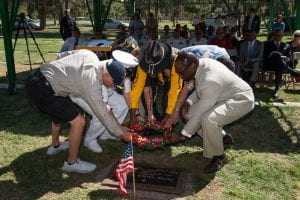
In August 2000, the Navy commissioned a ship in honor of Austin, the destroyer USS Oscar Austin. The fallen Marine’s surviving family attended the ceremony, as did Payne.
Austin is also memorialized on the Vietnam Veterans War Memorial in Washington, and he continues to be honored all these years later. In March 2016, sailors from the USS Oscar Austin paid honors to the ship’s namesake during Navy Week in his hometown of Phoenix, visiting his gravesite for a wreath-laying ceremony.






